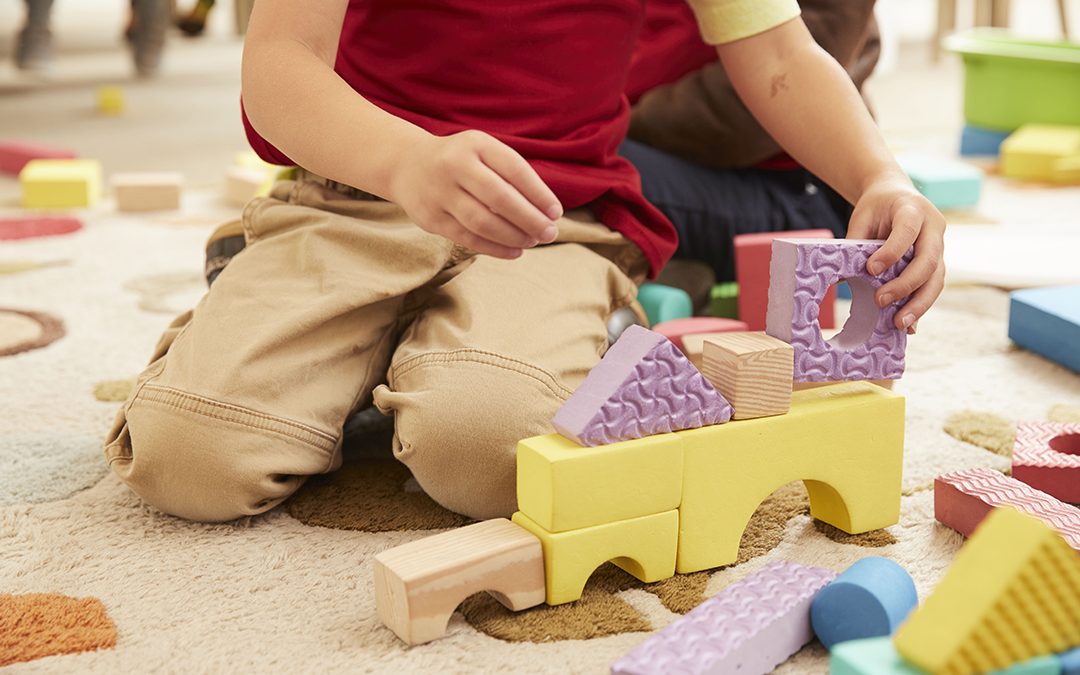Parents have a lot of responsibility. We have to address our children’s immediate needs: feeding them (which sometimes feels nonstop), clothing them, and educating them. Outside of conventional education like learning the ABCs, multiplication tables, and the formula for the circumference of a circle, there are important life skills that they’ll need to be a fully functioning and successful adult. Some of them seem fairly intuitive and walk well hand-in-hand with things learned in a traditional school setting. It’s important to reinforce these skills in order to develop them into habits that will help them thrive in the future.
5 Important Life Skills for Students to Learn
We’ve broken down some life skills we think are invaluable for developing healthy habits that will stick into adulthood. Focus, perspective, and communication are among our top picks, but we can break those down into bite-size pieces prepared for young minds.
1. Focus and Self-Control
Being able to focus on one thing is a skill in and of itself, and is, as we all know, especially tricky for young tots. The ability to focus, though, grows and develops into self-control (We delve into it deeper here).
Habits to start: set your child up for success by giving them an organized space to work in. They should know where things like coats, shoes, and other personal belongings go.
In their free time, give them quiet activities like reading a book. Try some sensory activities.
We’ve all heard it before, but it bears repeating: however tempting it may be, don’t reach for the phone or give in to TV time. According to Michael Manos, director of the ADHD Center for Evaluation and Treatment at the Cleveland Clinic, kids younger than five who spend two or more hours in front of a screen are 8x more likely to develop focus-related issues, including ADHD (Attention Deficit Hyperactivity Disorder).
2. Communication
We communicate with our friends, family, business partners, potential clients, church members, and more. Communicating effectively, however, is a special skill that takes time to curate. Having good communication skills also leads to a significant increase in confidence.
- Practice conversations. Every day, ask your child about their day. It gives them a chance to think through their day and can also help them evaluate what happened and start drawing connections between that and their actions. This leads to an increase in self-awareness, another critical aspect of communication.
- Model active listening. When you’re talking to your child, really engage with them. Having you actively listen to their words will increase their confidence and encourage them to keep developing that skill. In turn, they’ll be more prone to actively listening to their peers, which is a key component of effective communication.
- Read with your child. This is just an all-around beneficial practice. As we mentioned above, reading helps with focus. It also helps them develop communication skills. Not only are they being exposed to new words, but the stories they’re introduced to will help them start to understand new ideas and worldviews.
3. Critical Thinking
Critical thinking can generally be broken down into 7 steps.
- Identify the problem.
- Research.
- Determine data relevance.
- Ask questions.
- Identify the best solution.
- Present your solution.
- Analyze your decision.
Anytime your child encounters a roadblock, give them the opportunity to work it out on their own. Don’t intervene immediately, but if you see them continue to struggle, you can start asking open-ended questions like, “What do you think is happening?”
4. Decision-Making
Decision-making is a key skill; it’s the action or process of arriving at a conclusion after weighing various options. Things as simple as playing dress-up can set your kids on the track toward making independent life choices.
Trust and support your child’s decisions, even if it means making a mistake. That’ll just lead to a learning opportunity. Support their interests. If they feel like you think they’re making good choices, they’ll be more prone to trust themselves to continue making them.
5. Self-Direction
Self-direction refers to autonomy and self-sufficiency in both thinking and behavior. Having the drive to complete things by yourself leads to great skills like self-directed learning. If you’re motivated to research things or develop new talents on your own, then you’re on the way to success.
Final Thoughts
Life is a constant learning process. We all remember when we were kids and we thought adults had everything figured out, then we got here and realized that we’re all still practicing. Having the skills to continually adjust to new situations and continuously learn will help your little one become a well-adjusted adult who’s capable of rolling with the punches.

